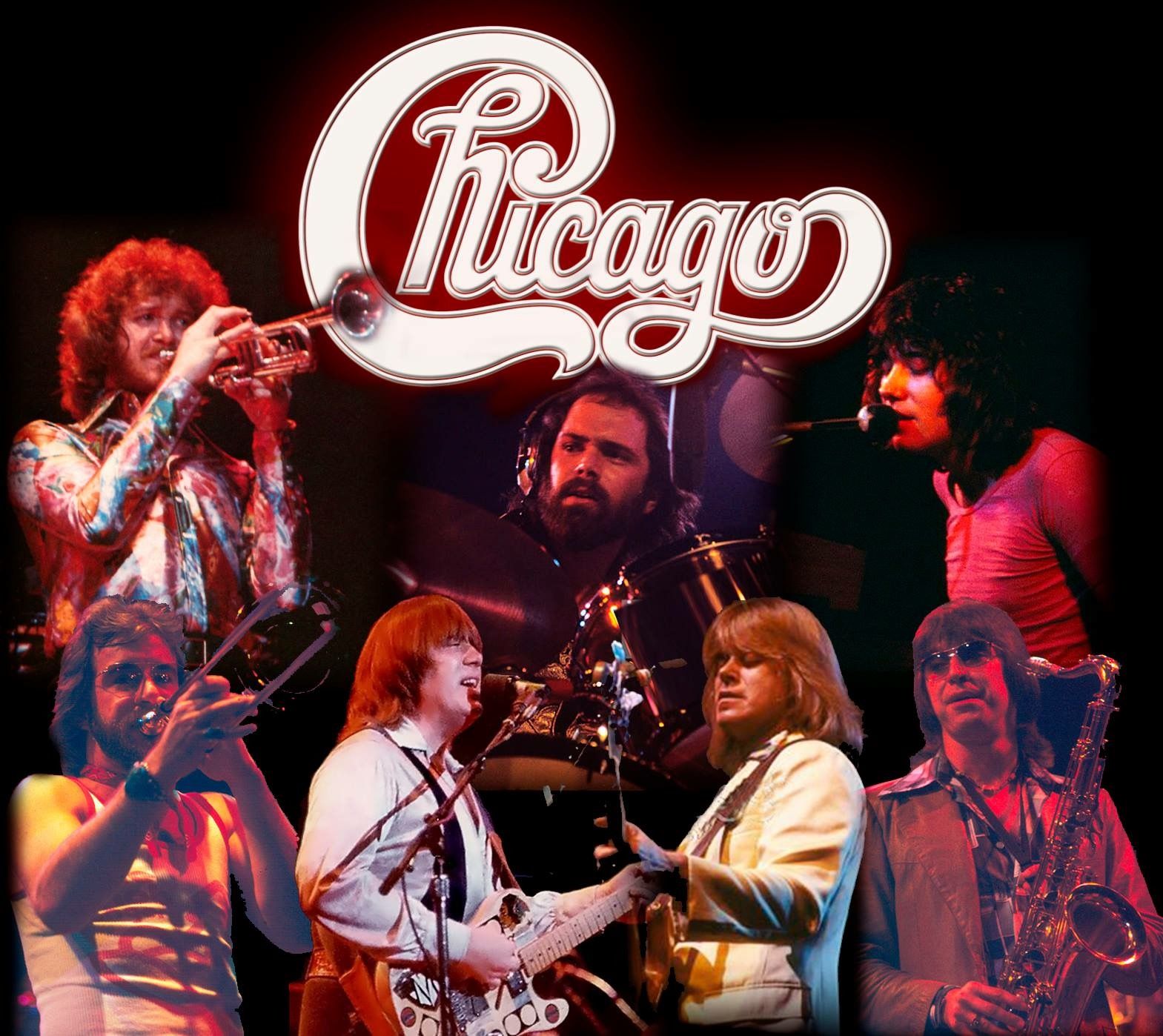
A Heartfelt Ode to Unspoken Sorrows
In the late 1980s, a time when rock ballads ruled the airwaves and emotions were worn openly on sleeves, Chicago’s “Look Away” emerged as a poignant anthem for those grappling with unexpressed heartache. Released in 1988 as part of their album “Chicago 19,” this song captures the bittersweet essence of love lost and the silent suffering that often accompanies it. With its evocative lyrics and haunting melody, “Look Away” quickly resonated with listeners, climbing to the pinnacle of the Billboard Hot 100 chart where it held the coveted number one position for two consecutive weeks in December of that year.
The success of “Look Away” marked a significant chapter in Chicago’s storied career. Known for their distinctive fusion of rock and jazz influences throughout the 1970s, by the late ’80s, Chicago had embraced a more mainstream pop-rock sound. This transition was underscored by their collaboration with songwriter Diane Warren, whose talent for crafting emotionally charged ballads was unparalleled. Her lyrical prowess is evident in “Look Away,” which tells the story of a man confronting his feelings after hearing that his former lover has found someone new.
At its core, “Look Away” is a tale of unrequited love and unresolved emotions. The song’s narrator, portrayed through the impassioned vocals of Bill Champlin, reflects on a past relationship with a mixture of longing and resignation. There’s an underlying sense of vulnerability as he grapples with the reality that his former partner has moved on, yet he remains ensnared by memories and ‘what ifs.’ The lyrics convey a universal truth about love: that sometimes, despite our best efforts to move forward, echoes of past relationships linger in our hearts.
Musically, “Look Away” is characterized by its sweeping melodies and powerful instrumentation, hallmarks of Chicago’s sound during this era. The band’s ability to blend emotive lyrics with rich musical textures creates an immersive listening experience that draws the audience into the narrator’s world. The song’s arrangement accentuates the emotional weight of the lyrics, with soaring guitar solos and lush keyboard lines adding depth to Champlin’s heartfelt delivery.
For many listeners, especially those who experienced their own romantic trials during this period, “Look Away” serves as more than just a song—it is a vessel for reflection and nostalgia. It evokes memories of youthful romances and unspoken feelings, reminding us of moments when we too have had to look away from something we couldn’t have. It’s this ability to connect on such a personal level that has cemented its place in the hearts of fans across generations.
Moreover, “Look Away” stands as a testament to Chicago’s enduring appeal and adaptability as artists. Despite changes in musical trends and band lineup shifts over the years, they managed to capture the zeitgeist of each era while remaining true to their artistic roots. Their willingness to evolve while maintaining authenticity is one reason why their music continues to resonate today.
In reflecting upon “Look Away,” one cannot help but be drawn into its narrative—a story as old as time itself yet uniquely personal to every listener. It reminds us that music has an unparalleled ability to articulate our deepest emotions, providing solace and companionship even in our loneliest moments. As we revisit this classic track decades later, it remains an evocative reminder of love’s complexities and the enduring power of song to heal and inspire.
Thus, “Look Away” is more than just another hit from Chicago; it is a timeless exploration of human emotion—a poignant reminder that even when words fail us in life, music can express what lies within our hearts with unparalleled eloquence.
